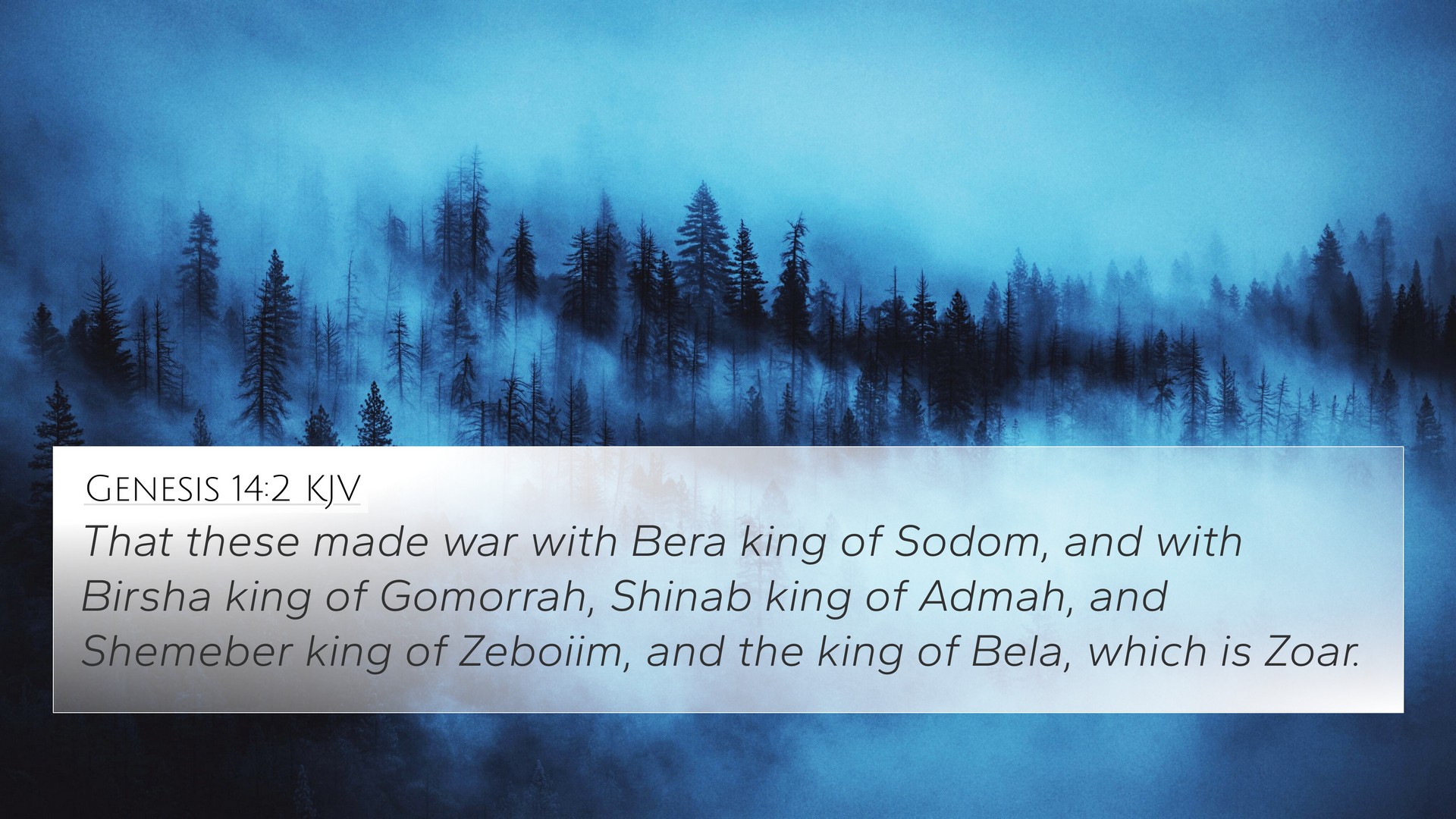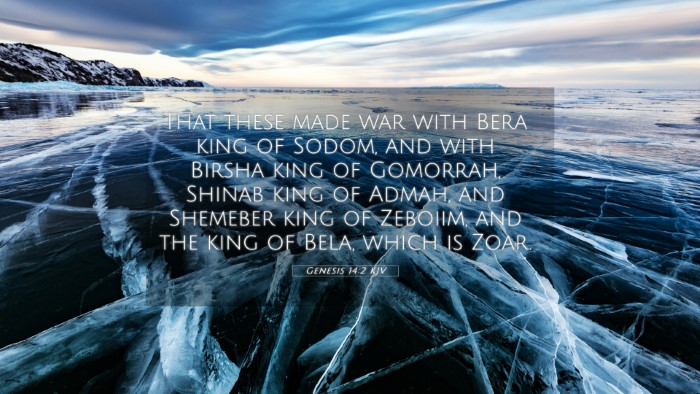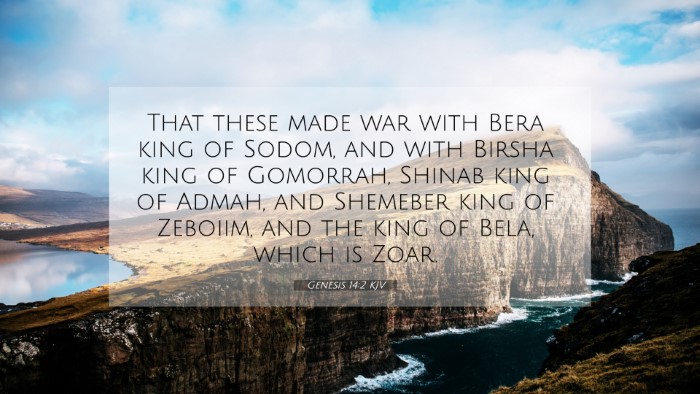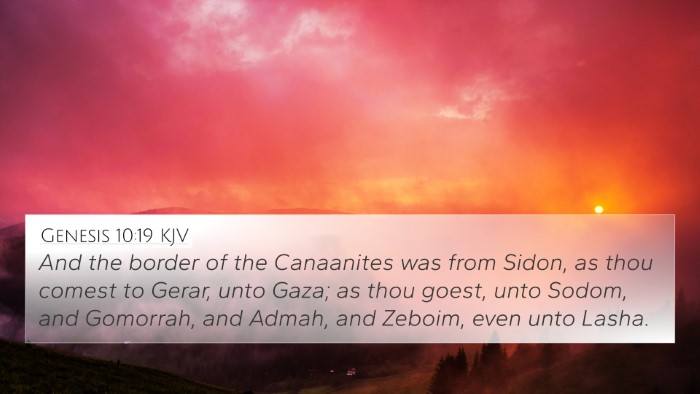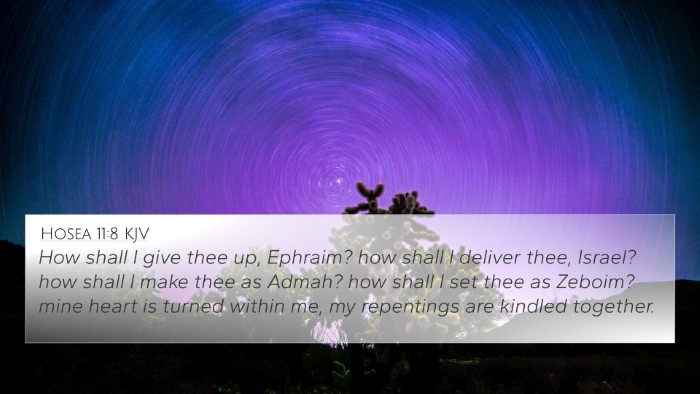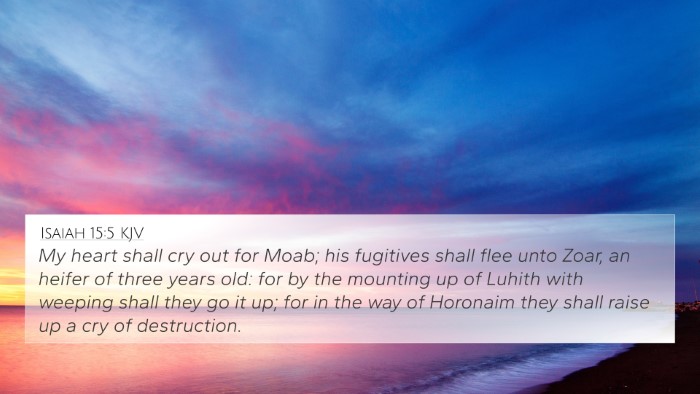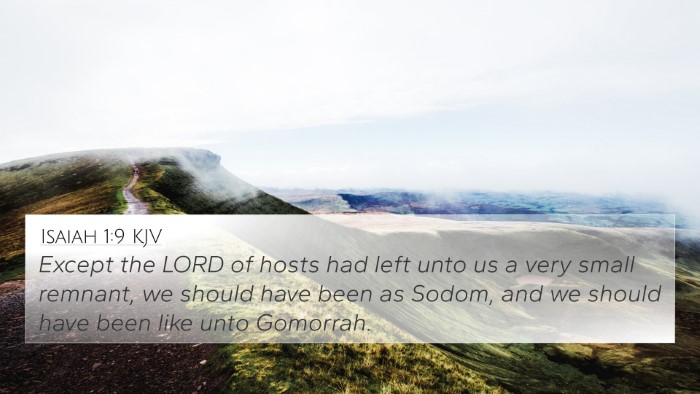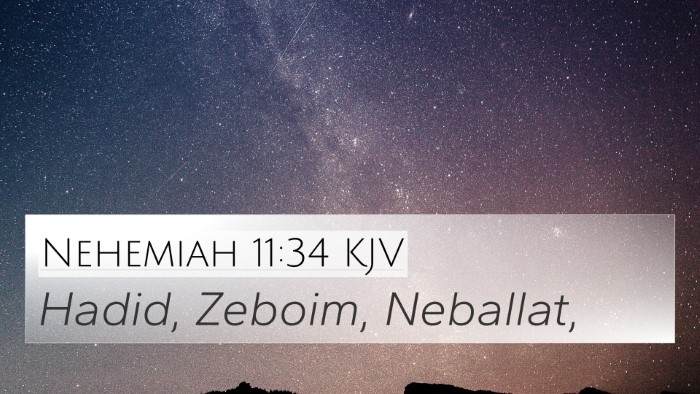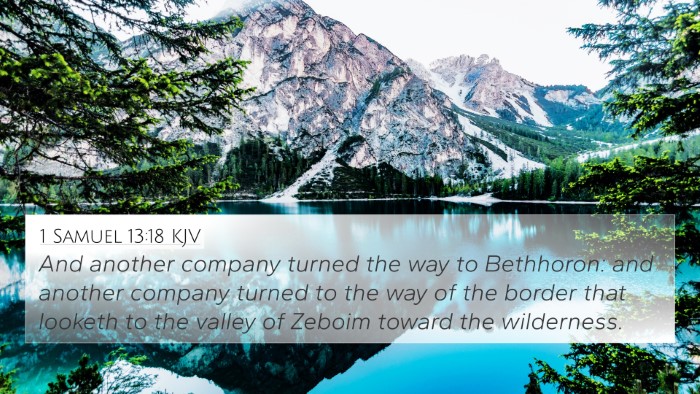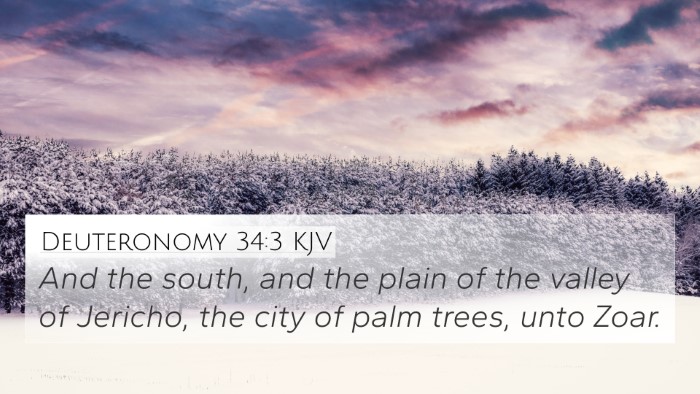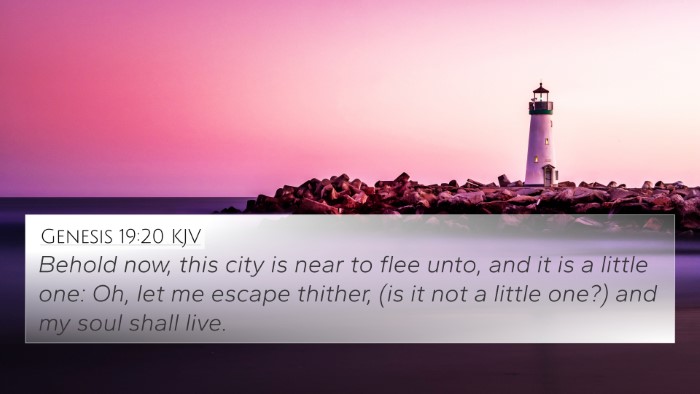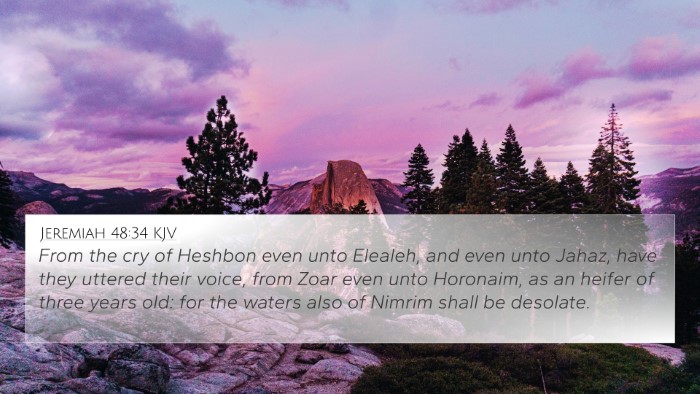Understanding Genesis 14:2
Genesis 14:2 states: "That these made war with Bera king of Sodom, and with Birsha king of Gomorrah, Shinab king of Admah, and Shemeber king of Zeboiim, and the king of Bela, which is Zoar." This verse introduces a significant conflict involving various kings and cities of the region, setting the stage for the unfolding narrative of Abram's encounters and God's providence.
Contextual Background
The chapter begins with an account of a confederation of kings that fought against the kings of Sodom and Gomorrah. This aligns with the historical backdrop of ancient Near Eastern conflicts during the time of Abram. The mention of the cities implies their importance not only in terms of geographical location but also in moral and spiritual significance.
Insights from Commentators
Matthew Henry's Commentary
Matthew Henry elucidates this verse by emphasizing the reality of conflict among kingdoms and the resultant consequences for the inhabitants of those cities. He notes that this serves as an illustration of the larger spiritual battles humanity faces, portraying the inevitability of strife and the need for divine intervention.
Albert Barnes' Notes on the Bible
Albert Barnes points out that the mention of these kings indicates a larger political landscape and the dynamics of power during Abram's time. He highlights that the alliances formed and the hostilities engaged in reflect human nature's tendency toward conflict and competition, which resonate through the annals of biblical history.
Adam Clarke's Commentary
Adam Clarke provides an analysis that focuses on the geographical significance of the mentioned cities. He elaborates on how these cities were emblematic of depravity, ultimately leading to their divine judgment. Clarke’s insights underline the gravity of the situation and the implications for the narrative that follows, especially concerning Abram's response to the conflict.
Thematic Connections
- Divine Sovereignty: The conflict among these kings foreshadows God's sovereignty over nations and His ultimate control over human affairs.
- Human Agency: It reflects the choices made by individuals, such as the kings of Sodom and Gomorrah, leading to dire consequences.
- Moral Corruption: Sodom and Gomorrah represent cities steeped in immorality, setting a thematic precedent for later biblical teachings about sin and judgment.
Cross-References in Scripture
This verse connects with various other scripture passages, providing a rich tapestry of relational understanding:
- Genesis 19:1-29 - The destruction of Sodom and Gomorrah emphasizes the outcome of their wickedness.
- Deuteronomy 29:23 - Discusses the land's response to the iniquity of its inhabitants.
- Romans 1:26-27 - New Testament reference regarding the state of moral depravity.
- Matthew 10:15 - Jesus references the severity of judgment for those rejecting His message, reflecting back on Sodom.
- 2 Peter 2:6-9 - Mentions Sodom and Gomorrah as examples of divine punishment for ungodliness.
- Revelation 11:8 - Refers to Sodom symbolically in the end times, linking back to its historical significance.
- Jeremiah 23:14 - Echoes the moral corruption associated with Sodom, relevant in the prophet's denunciations.
Conclusion
In conclusion, Genesis 14:2 serves as a critical juncture in the biblical narrative. Through careful analysis and cross-referencing with other scriptures, one can gain deeper insights into the ongoing themes of conflict, divine judgment, and the human condition. This verse not only stands alone but also connects profoundly with various biblical texts, providing a wealth of material for those seeking to understand the connections between Bible verses.
